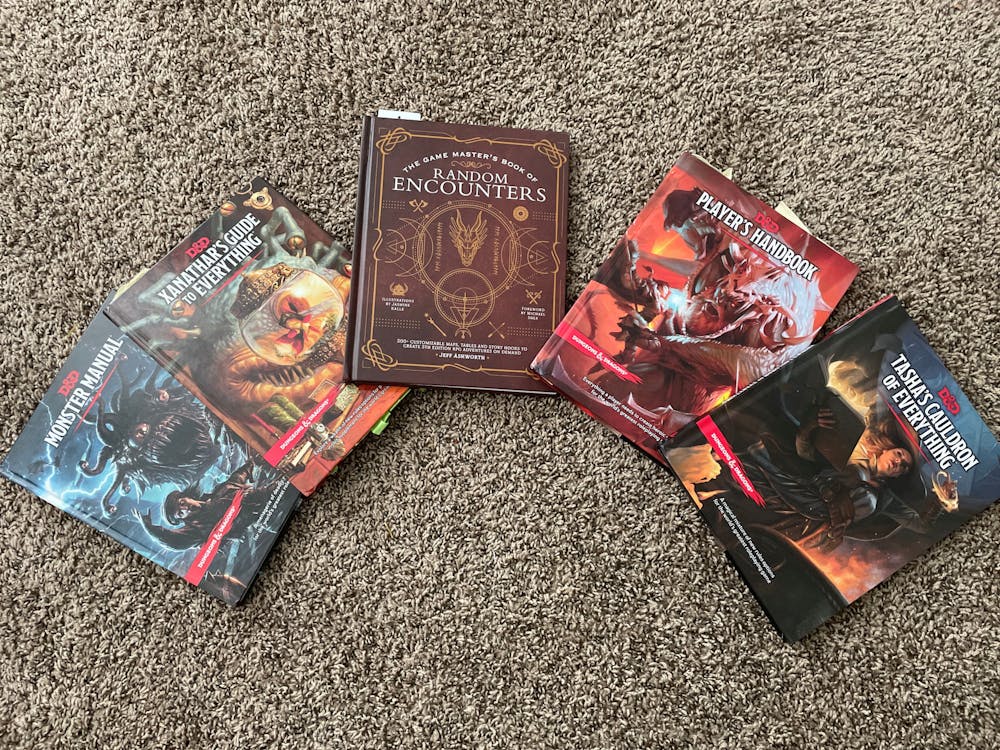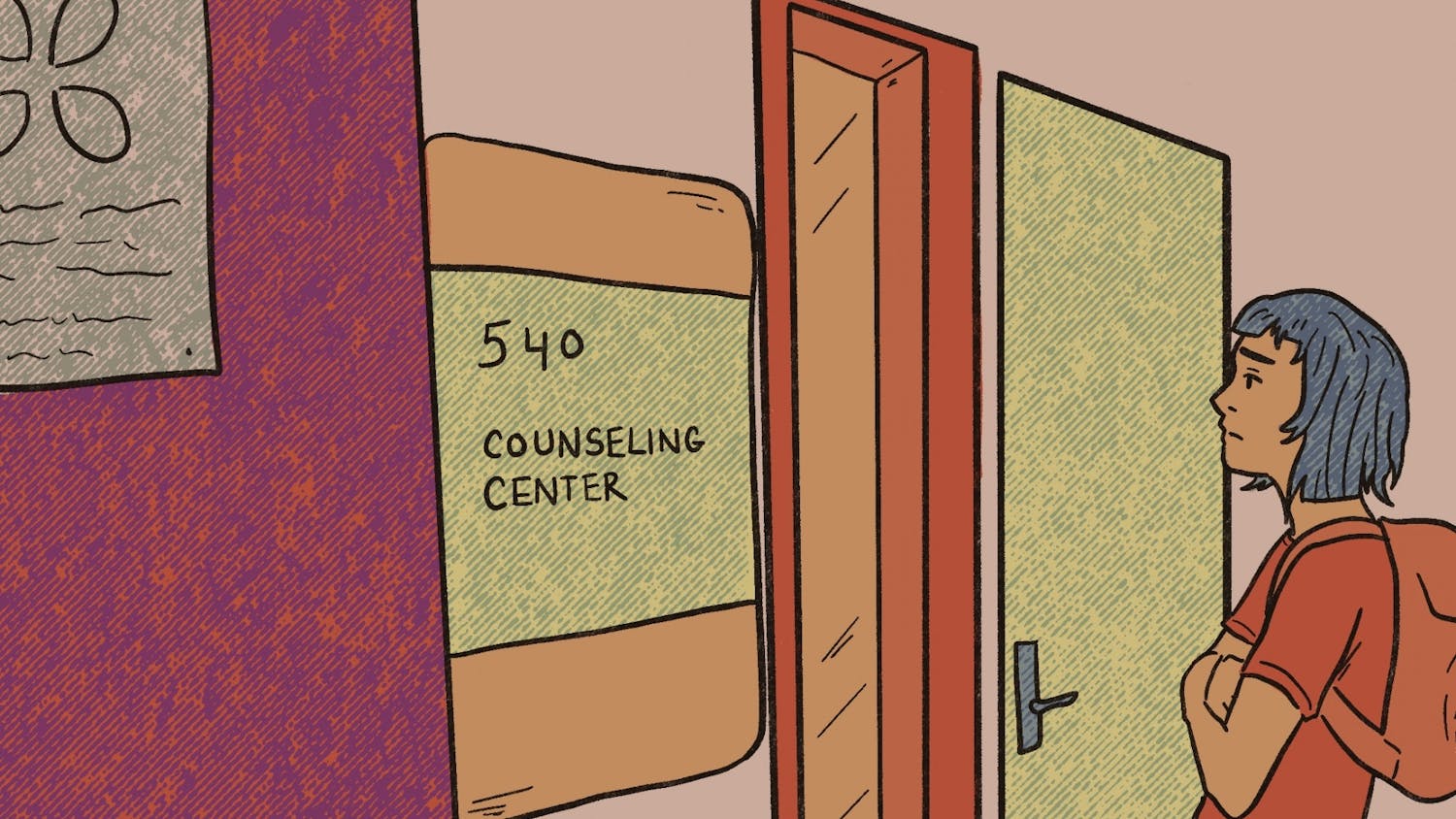Dungeons & Dragons is a tabletop roleplaying game where players are put into the shoes of adventurers, taking on quests of varying length and scope. Think of something like the first Lord of the Rings movie.
Unlike other board games, Dungeons & Dragons requires that one person playing the game have a different role from the rest of the players: the dungeon master, or DM. The DM guides the other players through the adventure, which is usually made by the DM themself. They also play the role of all the characters and enemies the players encounter.
As a DM myself, I know it can seem like a lot of responsibility at first. But being a DM is not only incredibly rewarding, it also has taught and helped me refine some valuable life skills.
I asked Barbara Luton, the assistant director of student employment at Western Washington University, what kind of skills community or customer-service-based jobs look for.
“I would encourage someone creating their first resume, with limited work experience, to think about the activities and hobbies they have participated in and what skills they developed,” she said.
Luton mentioned skills such as active listening, clear positive communication and being able to interact with many different kinds of people.
All of the skills that Luton mentioned are things I’ve learned by being a DM.
The most obvious thing you pick up from being a DM is improvisation - not just because you have to be ready to have a different voice and personality for all of the characters the players interact with, but because you also have to be ready for any potential curveballs the players have for you (like when your players accidentally kill an important character).
The DM is the person who creates the story, but the players still have influence over the course of the game. They can make decisions about their next course of action, but their successes and failures are determined by dice rolls.
As a DM, you also get very used to taking on a leadership role. In addition to leading and guiding the game, you are also responsible for preparing the game prior to meeting up with the other players.
Fellow DM and Western Washington University student Henry Strasburger said being a DM helped him learn leadership skills in a low-stress environment.
“As a DM, you can just focus on what part of leadership you want to focus on,” Strasburger said. “It also forced me to acknowledge other people’s perspective and take that into account.”
Finally, being a DM allows you to bring people together and get them out of their shells. In both the games I’ve run while at the tabletop gaming club on campus, the groups have become so close and clicked so well that I’ve had to ask my players, “Did any of you know each before to this?”
Strasburger described it as “a small community that you build as your own.”
Bringing people together is also a strength of game stores like Cosmic Games. The store’s manager, Pete Redpath, said he has been a DM since 1990.
“When I meet a group of players at the store, I always tell the DM that they are doing a thankless job, and that we need more people like them,” Redpath said.
In my four years of DM-ing games, the highlight has been watching total strangers turn into good friends and spend time with each other outside the parameters of the game.
“You’re always reading the room, reading the players’ needs versus the needs of the story, asking yourself what can you do to get them out of their shell,” Redpath said.
When I asked about some tips for new DMs, both Strasburger and Redpath recommended looking into different styles of being a DM. Not everyone has to be an award-winning voice actor and be able to have a unique voice and personality for every character the players encounter.
“There are so many different ways to play. Sometimes we play our characters in the third person,” Strasburger said.
Whenever you take the mantle of dungeon master, it can be a scary task. But as many people can attest to, it’s a great experience for your professional and social life.






